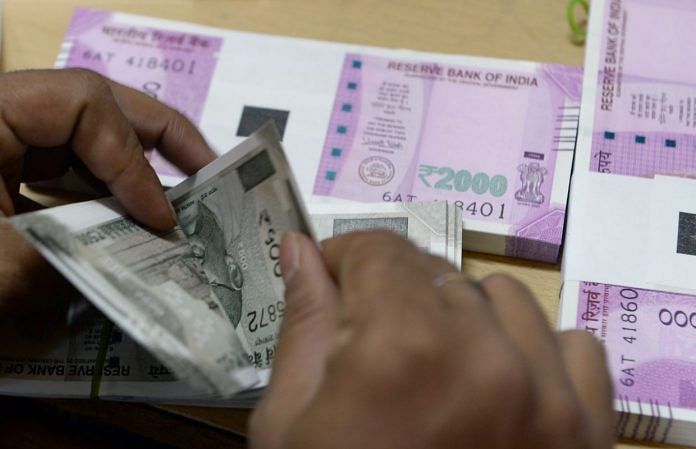The Supreme Court’s disappointing refusal to adjudicate the validity of electoral bonds, which make a mockery of the system of democracy outlined in the Constitution and effectively convert India into a plutocracy, has invited fresh attention to this curious feature of electoral financing in India.
Political commentators have observed how electoral bonds violate the principle of free and fair elections. By requiring neither the donor to disclose the purchase of bonds nor the political party to declare the identity of the donor, the system is perfectly opaque and does not place any limit on, quite literally, an anonymous exchange of unlimited money in politics.
Under the current system of electoral bonds, we have one-way transparency. We know which party has received the most amount of money, but we do not know who has given it. The concern raised here is not one of quid pro quo but rather institutional corruption of the kind that scholars such as Dennis Thompson and Lawrence Lessig have drawn attention to. The focus is not on individual gain but on ways in which the practices now used in electoral financing can disfigure the institutional independence, create forms of structural influence, and destroy the democratic process. The upshot of this is that public institutions are not equally dependent on citizens – they are instead dependent on those citizens that give the most money – and thereby the principle of ‘one person, one vote’ is attacked.
Also read: Supreme Court has contradicted itself in its interim order on electoral bonds
The problem with electoral bonds is that it clearly legalises influence. But what is to be done? As many have suggested, the Supreme Court should, of course, declare that there must be transparency. The court, after all, has a long record of requiring certain kinds of information to be made publicly available, such as the criminal antecedents of candidates. Yet, it is worth noting that the solution of making donor details public, though important, will not quite solve the problem.
If the electoral bonds are permitted but disclosure is required, many will simply revert to a system where cash is exchanged under the table. That is, one will be back to a system where there is not even one-way transparency. In a country where the state exerts so much power over citizens, organisations and corporations, the fear will be that any disclosed contribution to one political party will result in a retributive action by its opponent if that opponent comes to power. Indeed, the fact that the share of electoral bonds in the total amount of political donations made in this election is so minuscule that for many individuals, even one-way transparency has proven to be too much.
In other words, though electoral bonds are constitutionally problematic, the solution cannot be transparency alone. In the case of electoral bonds, the political parties that will receive the least amount of money will protest more. But the reason there is little indignation over the absence of any regulatory framework governing the political parties is because all political parties benefit from being unregulated. It is widely understood that political parties are central to political representation in modern democracies. But their present structural reality, from the absence of intra-party democracy to their financing, has seriously impacted the functioning of Indian democracy.
Also read: In defence of electoral bonds: Why it’s a positive step & critics are wrong
Though the Supreme Court would do well to consider the present regulatory regime governing political parties in assessing the case of electoral bonds, it is a path that it must tread on carefully. As scholars of political finance in India have observed, a reform agenda in this context must be multi-faceted and must deal with the rules relating to contributions, expenditures, party accounts and public funding.
The Supreme Court can only have a limited role in setting such an agenda, say perhaps in requiring independent audits to ensure better enforcement of current laws. Beyond that, the more the court intervenes, the greater the likelihood that the agenda will move beyond campaign finance and extend to domains of political parties’ organisational structure and their functioning. The overall solution will thus have to be more systemic. The outrage at electoral bonds is valid, but more attention must be devoted to the answer.
The author, co-editor of the Oxford Handbook of the Indian Constitution, is a junior fellow at the Harvard Society of Fellows.



